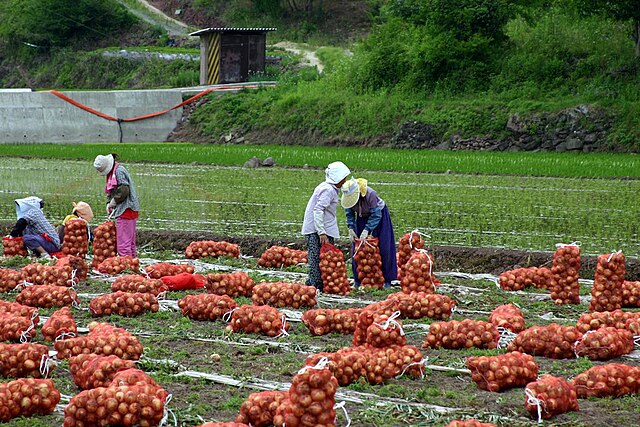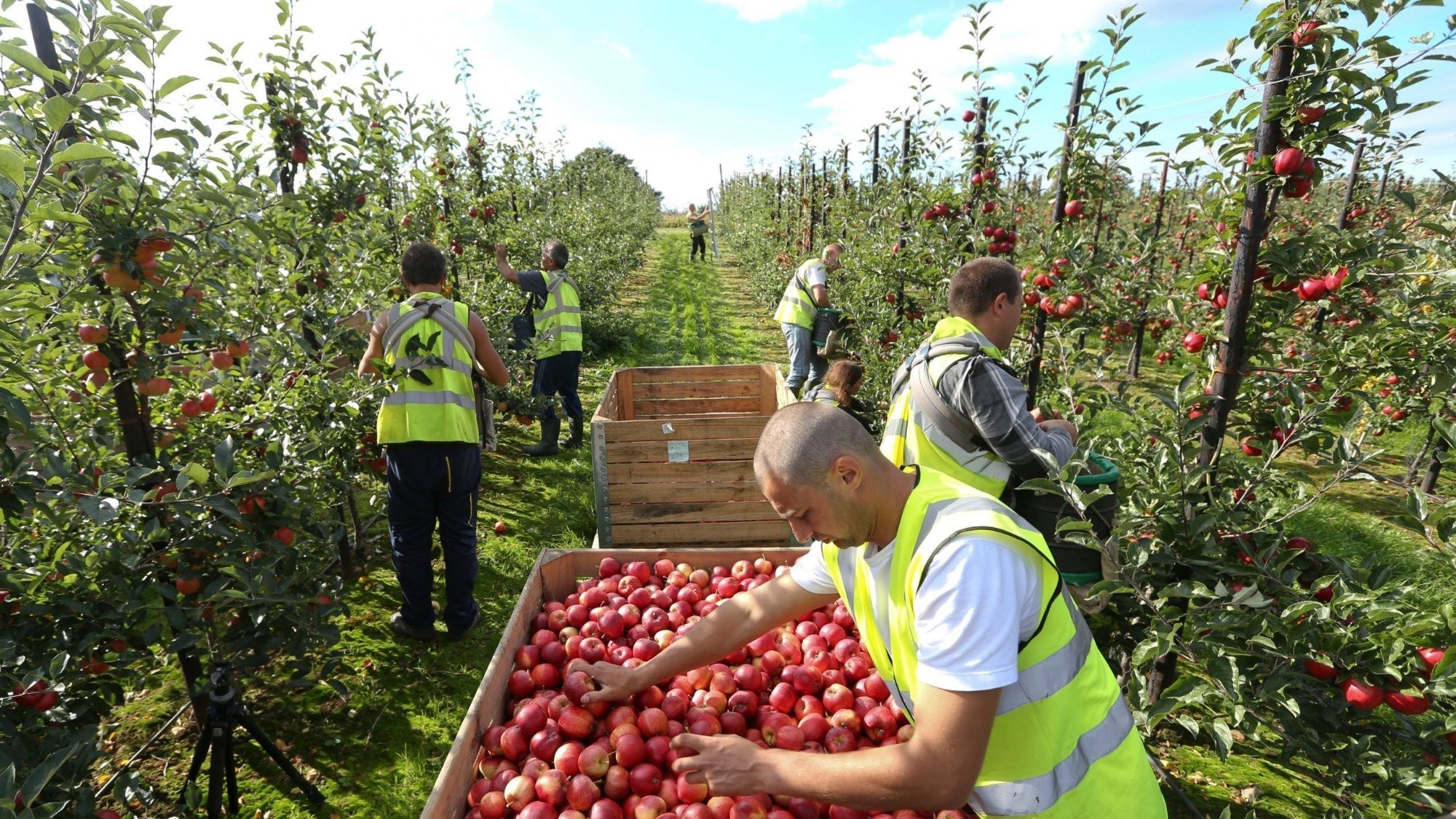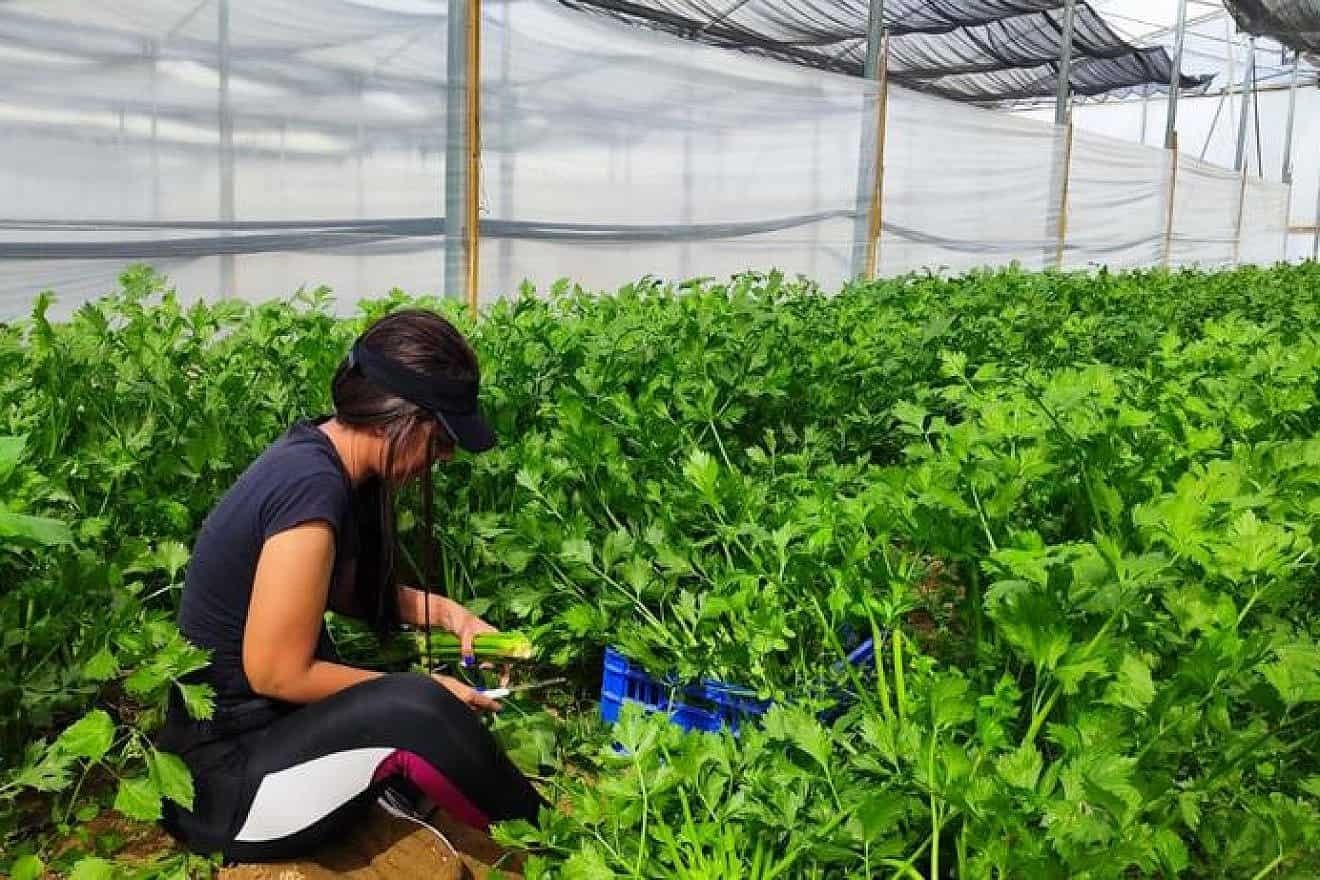

South Korea’s Growing Need for Agricultural Manpower: Labor Importing Solutions
- trienkhaiweb
- 19 February, 2024
- 0 Comments
South Korea, a nation renowned for its technological prowess and bustling urban centers, faces an increasingly urgent challenge within its agricultural sector – a critical shortage of manpower. As South Korea’s rural population ages and younger generations migrate towards cities, a significant labor gap threatens the country’s food security and agricultural sustainability. To address this pressing issue, South Korea is actively exploring labor importing strategies to supplement its dwindling agricultural workforce.
The Manpower Shortage: Understanding the Numbers
The numbers paint a stark picture. South Korea’s agricultural sector is experiencing a rapid decline in manpower. Demographic shifts show a rapidly aging population of farmers, with the average age surpassing 60. Young South Koreans are increasingly drawn to the opportunities and allure of urban life, leaving fewer individuals to take up the mantle of farming and tending to the land. This exodus from rural areas has created a manpower crisis, hindering agricultural productivity and putting the nation’s food supply at risk.

Why Importing Manpower Matters
To safeguard agricultural output and ensure long-term food stability, South Korea is turning to international manpower solutions. Importing skilled and semi-skilled labor from other countries offers a potential lifeline to a sector struggling to maintain its workforce. Foreign workers can fill the manpower gaps by taking on essential tasks like:
- Crop Cultivation: Planting, tending, and harvesting various fruits, vegetables, and grains.
- Livestock Management: Caring for livestock, including feeding, cleaning, and milking.
- Agricultural Machinery Operation: Using modern farm equipment for efficient production.
- Greenhouse Management: Regulating climate and maintaining optimal growth conditions in greenhouses.
Strategies for Effective Manpower Importation
The South Korean government is implementing various labor importing programs and policies designed to attract foreign workers for the agricultural sector. These initiatives include:
- Work Permit Systems: Establishing specialized work permits for foreign agricultural labor, offering legal pathways for employment.
- Bilateral Agreements: Negotiating agreements with countries with potential labor pools to streamline the manpower importing process.
- Training and Support: Providing language, cultural, and skills training to assist foreign workers in adapting to their roles in South Korea’s agricultural sector.
- Fair Wage and Labor Protections: Ensuring proper compensation and safeguarding the rights of foreign workers to promote fair treatment and prevent exploitation.

While importing manpower offers a much-needed solution to the current crisis, South Korea is simultaneously exploring long-term strategies to revitalize its agricultural sector and boost domestic participation. These efforts include:
- Modernization and Technology: Promoting the use of advanced agricultural technologies such as precision farming tools and automation to reduce the sector’s reliance on manual labor.
- Education and Incentives: Encouraging young people to pursue careers in agriculture by providing education about modern farming practices and offering financial incentives.
- Revitalization of Rural Communities: Making rural South Korea more attractive to younger generations through infrastructure development, job creation, and improved quality of life initiatives.

Conclusion
South Korea’s need for agricultural manpower is a complex issue arising from demographic shifts and urbanization. While labor importing provides a crucial short-term solution, the nation must also invest in long-term strategies to secure its agricultural future. By carefully balancing manpower importation with innovative domestic revitalization efforts, South Korea can create a sustainable and resilient agricultural system to nourish its people for generations to come.
Related articles
Employee Empowerment with Quinn Vietnam Manpower
In today’s dynamic business landscape, organizations are increasingly recognizing the importance of employee empowerment as a key driver of success. Quinn Vietnam Manpower, a leading provider of manpower solutions in Vietnam, understands that empowered employees are more engaged, productive, and committed to organizational goals. This article delves into the concept of employee empowerment, exploring its…
Quinn Vietnam Manpower’s 5 Steps to Successful Coaching in 2025
In today’s dynamic business environment, maximizing your manpower’s potential is crucial for success. Effective coaching programs are key to unlocking this potential, fostering employee growth, and driving organizational performance. Quinn Vietnam Manpower, a leading provider of manpower solutions, presents a comprehensive guide to successful coaching in 2025. Whether you’re leading coaching sessions yourself or partnering…
Functional Skills: A Guide for Quinn Vietnam Manpower’s Workforce in 2025
In today’s competitive job market, possessing strong functional skills is more critical than ever. For Quinn Vietnam Manpower, equipping our manpower resources with these essential skills is key to their success and the success of our partner businesses. This comprehensive guide explores the importance of functional skills, particularly in Math and English, and how Quinn…
Level Up Your Workforce: Gamification Strategies for Quinn Vietnam Manpower
In the competitive landscape of Vietnam’s manpower industry, attracting, engaging, and retaining top talent is more critical than ever. Quinn Vietnam Manpower recognizes the power of innovative solutions, and gamification is emerging as a game-changer in the realm of human resources. By integrating game mechanics and elements into various HR processes, Quinn Vietnam Manpower can…
3 Communication Skills Every Manager Needs to Thrive
In today’s rapidly evolving business landscape, effective communication skills are more critical than ever for managers. Whether you’re a seasoned leader or newly promoted, honing your communication abilities can significantly impact your team’s performance, morale, and overall success. This article delves into three essential communication skills every manager needs to master in 2025 and highlights…
Harnessing the Power of Insights with Quinn Vietnam Manpower
In the dynamic landscape of 2025, where businesses face unprecedented challenges and opportunities, the ability to gain profound insights is more critical than ever. For project management (PM) in Vietnam, this rings especially true. Quinn Vietnam Manpower, a leading provider of manpower solutions, recognizes the crucial role of insights in driving project effectiveness and organizational…







